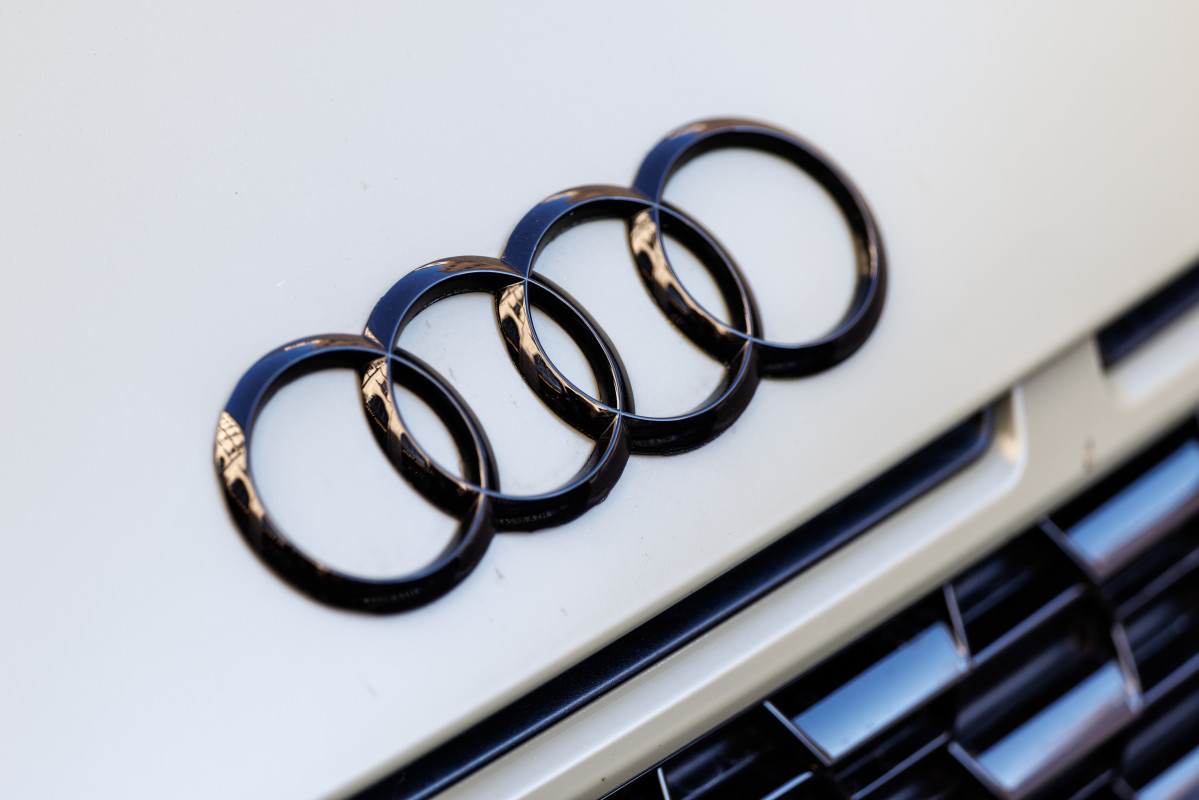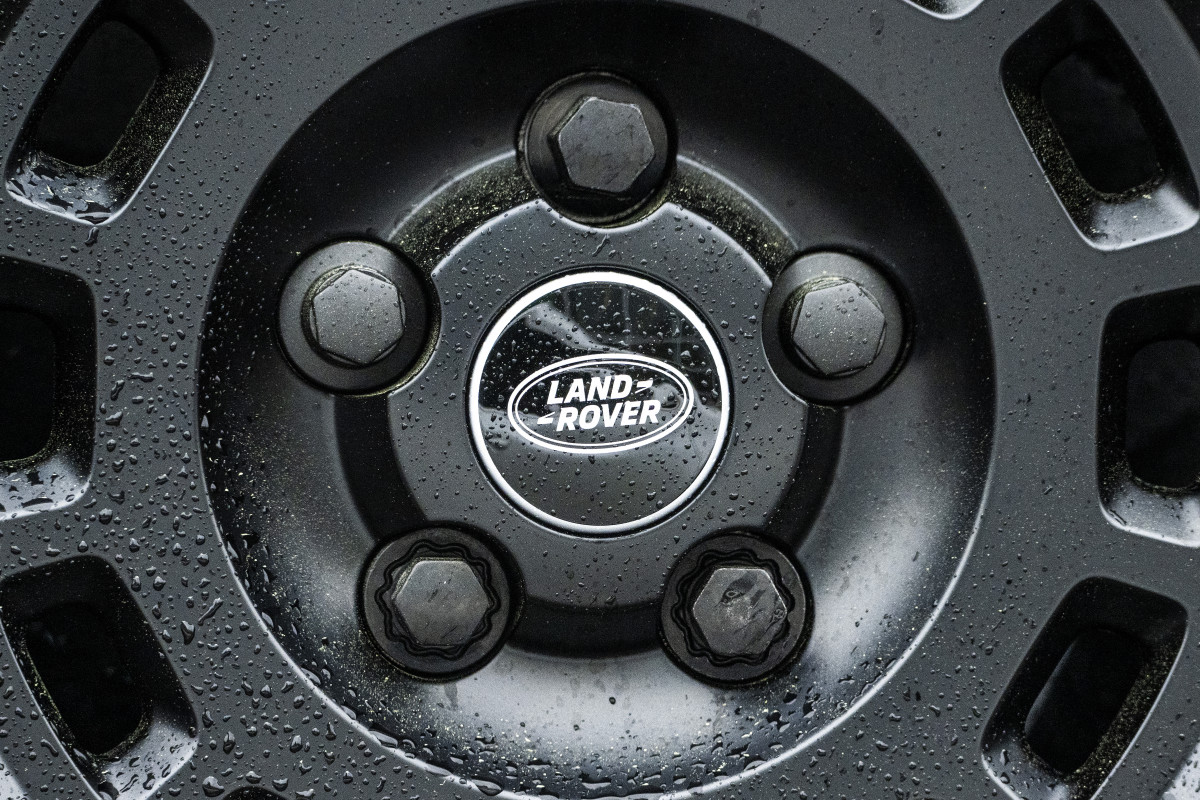The ripple effects of Trump’s new auto tariffs are already evident
A new report indicates that US and Canadian auto sales could decrease by 1.8 million units this year and remain stalled over the next decade if an international trade war intensifies following President Trump’s tariffs, which include a 25% tax on all vehicle imports. Over the next decade, light-duty auto sales in the US and Canada are predicted to be 7 million units lower than the initially projected 24.6 million vehicle sales if there were no trade conflicts and promising economic growth, according to the forecast provided by Detroit-area auto advisory firm Telemetry to Reuters. The effects of the Trump Administration’s tariffs are already evident, as companies like Volkswagen’s Audi are holding cars that arrived in US ports after the 25% levy took effect on April 3. Audi currently has around 37,000 vehicles in its US inventory, or two months of stock. Those 37,000 cars will remain available to US customers.

Getty
European automakers like Audi are among the manufacturers hardest hit by Trump’s tariffs, and the EU is reportedly seeking a zero tariff from India on auto imports, according to a separate Reuters report. India, which currently imposes a tariff on EU vehicle imports exceeding 100%, has remained open to reducing tariffs to 10%. In March 2024, India announced its new EV policy, which allows automakers to import a maximum of 8,000 cars annually at a reduced customs duty of 15%. That number has proven to be too low for some, as the Indian auto industry has now been lobbying for the country to retain a tariff of at least 30% on EU imports and keep import duties on electric vehicles (EVs) for four years. India’s possible levy reduction and continuation of its EV import duties would benefit Tesla, which is scheduled to launch sales in India this year using exports from its Berlin, Germany factory.
Nissan-owned Infiniti has also reportedly stopped taking orders for its QX50 and QX55 crossover SUVs in America, Carscoops reports. The QX50 is Infiniti’s best-selling model in the US behind its QX60. Infiniti’s QX50 and QX55 are both assembled in Mexico alongside Mercedes-Benz’s GLB via a joint venture between the two companies; however, Infiniti is still on course to discontinue the QX50 and QX55 after the 2025 production year. According to Japan-based business newspaper Nikkei, Nissan, which is headquartered in Yokohama, Japan, is considering moving a portion of its best-selling Rogue production to the US. Around 25% of Nissan’s. Jaguar Land Rover has responded to the Trump administration’s tariffs by halting US shipments for a month, with exports slated to resume within two months. The British automaker says its current US inventory can support 60 days’ worth of sales.

Getty
Final thoughts
Trump has reassured Americans regarding his administration’s auto tariffs, saying: “Hang tough; it won’t be easy, but the end result will be historic.” While Americans are facing higher new and used car prices shortly, Nissan’s consideration of moving part of its Rogue’s production to the US indicates that the President’s goal of increasing domestic vehicle production is taking shape. However, Telemetry’s economic forecast predicts that auto sales could decrease by 1.8 million units this year and remain stalled over the next decade if an international trade war intensifies and undermines Trump’s goals—even if domestic manufacturing increases.